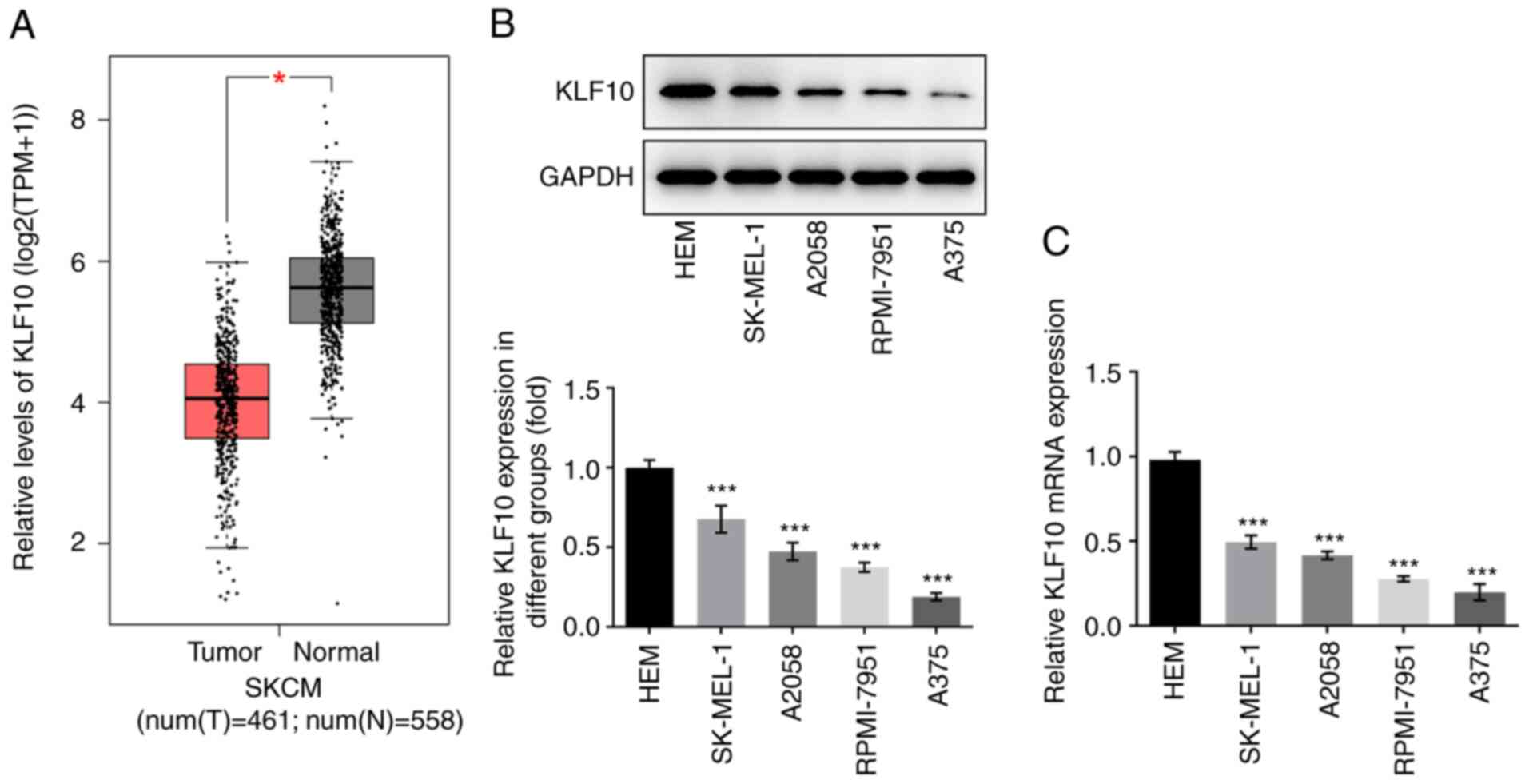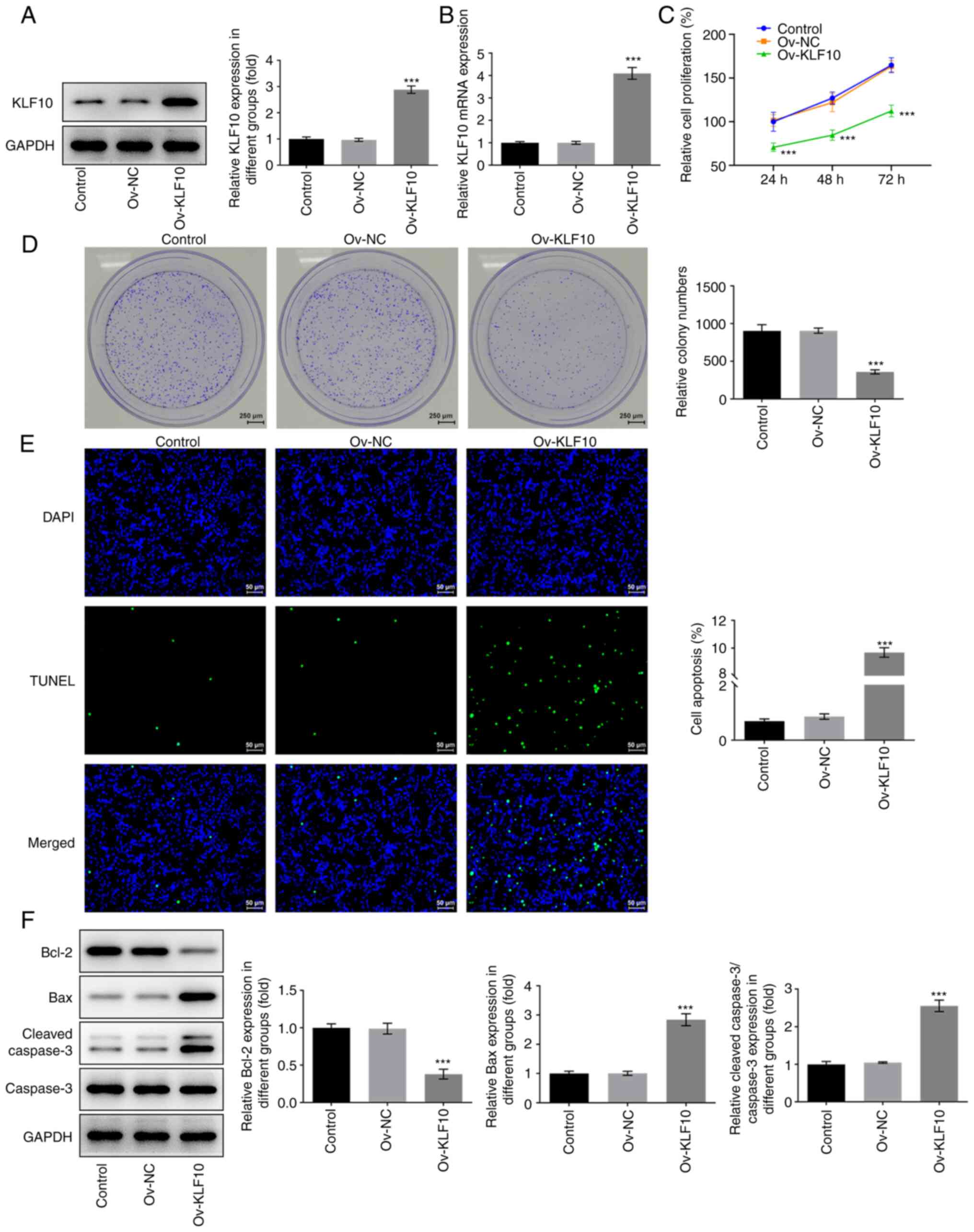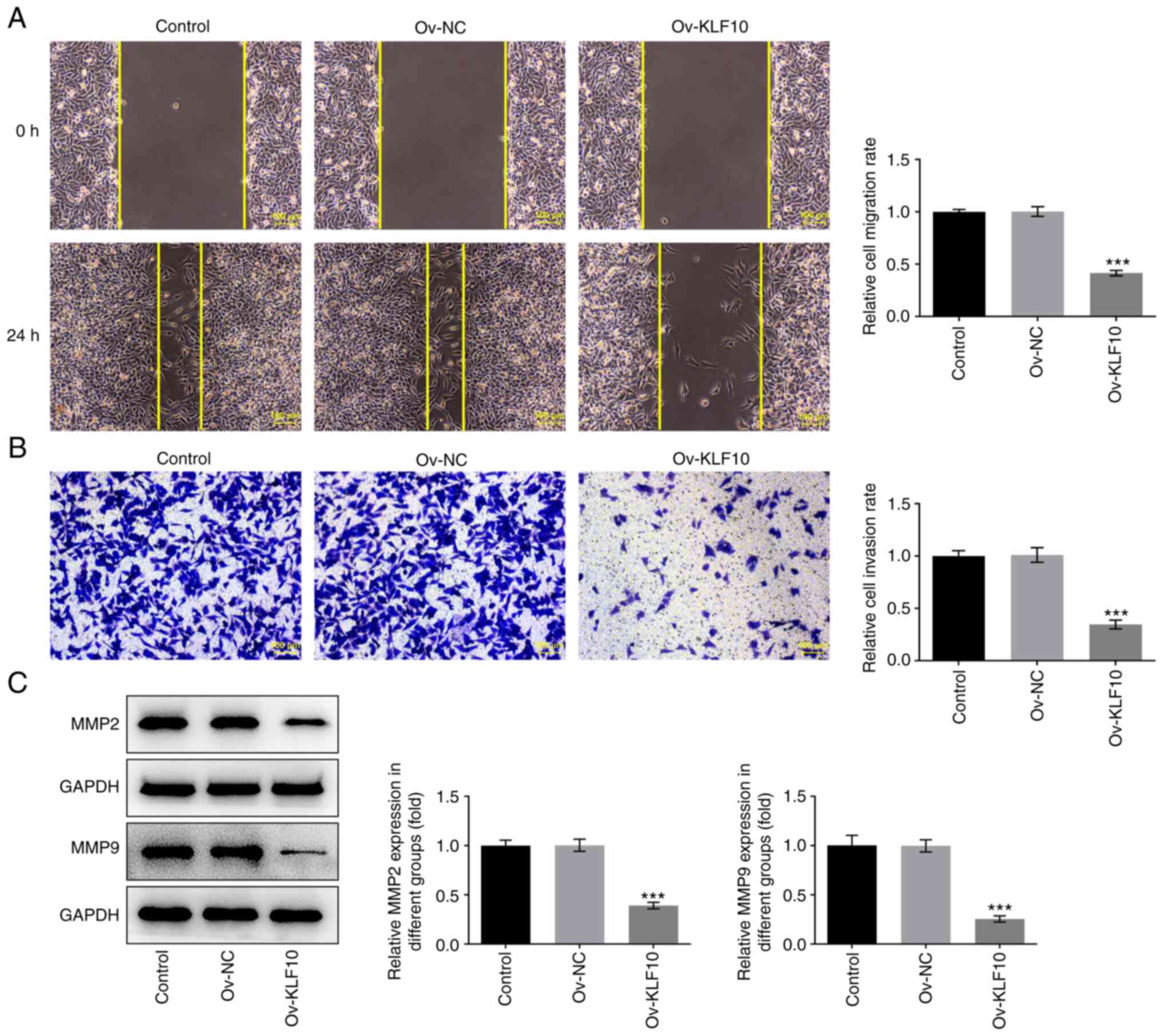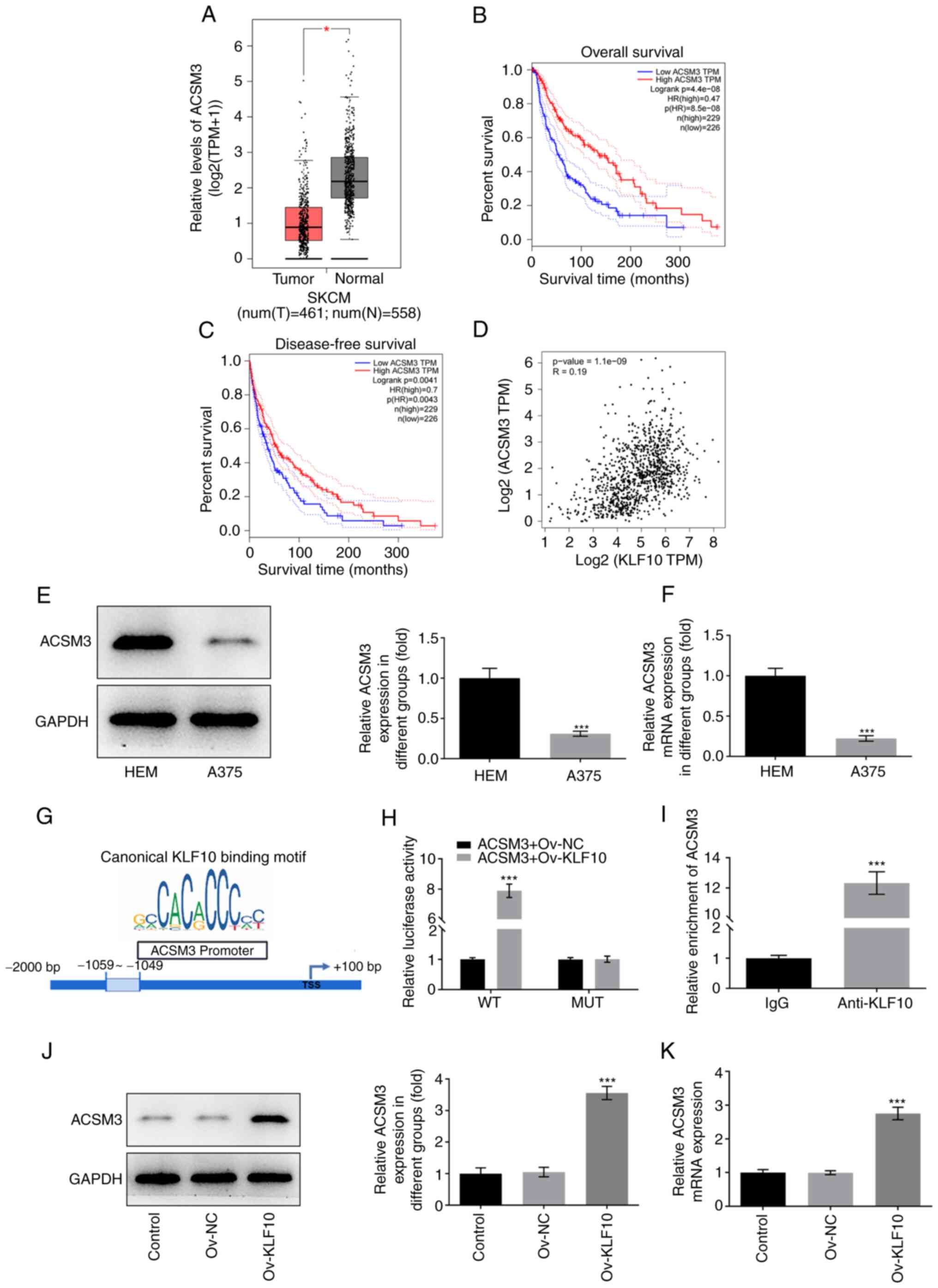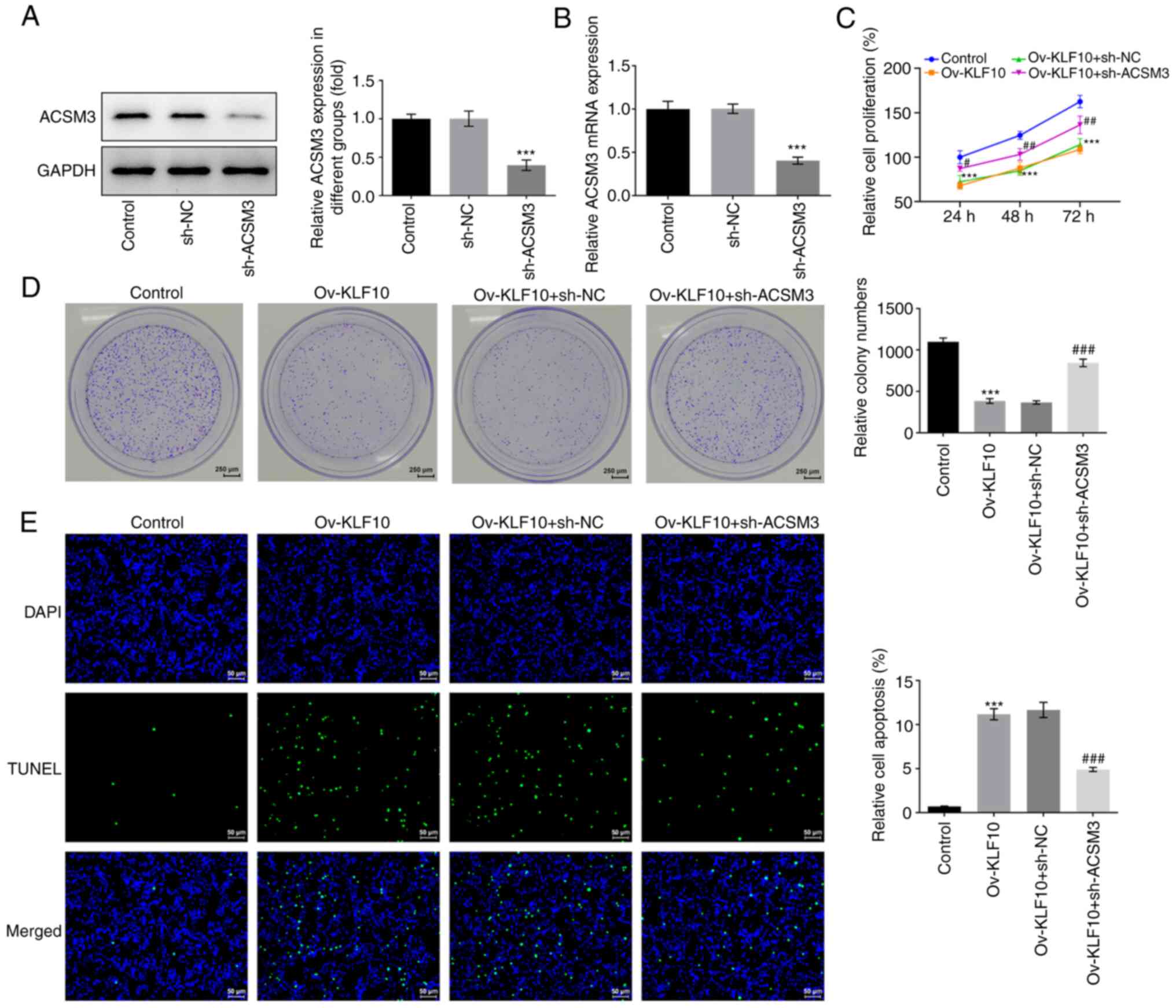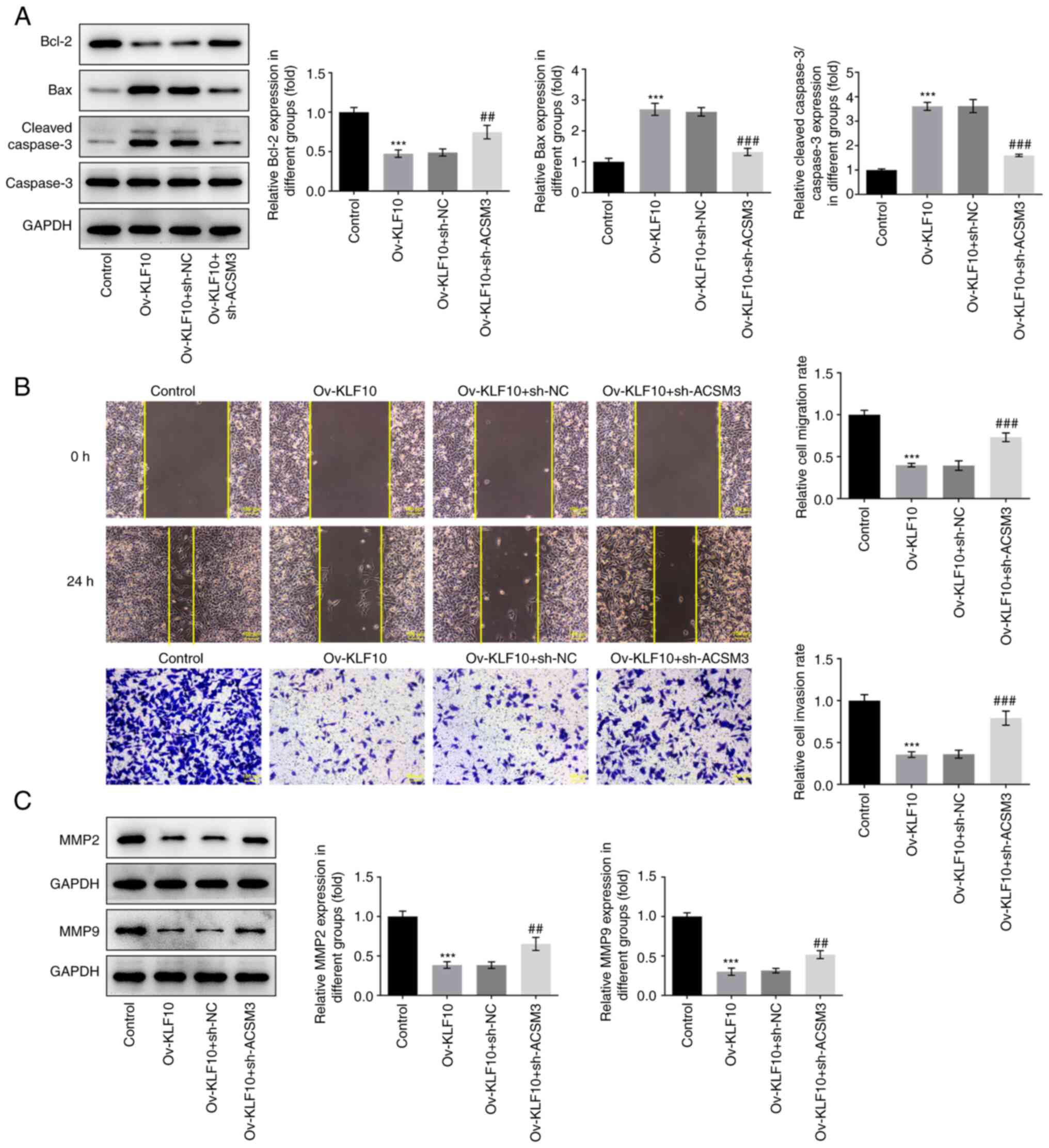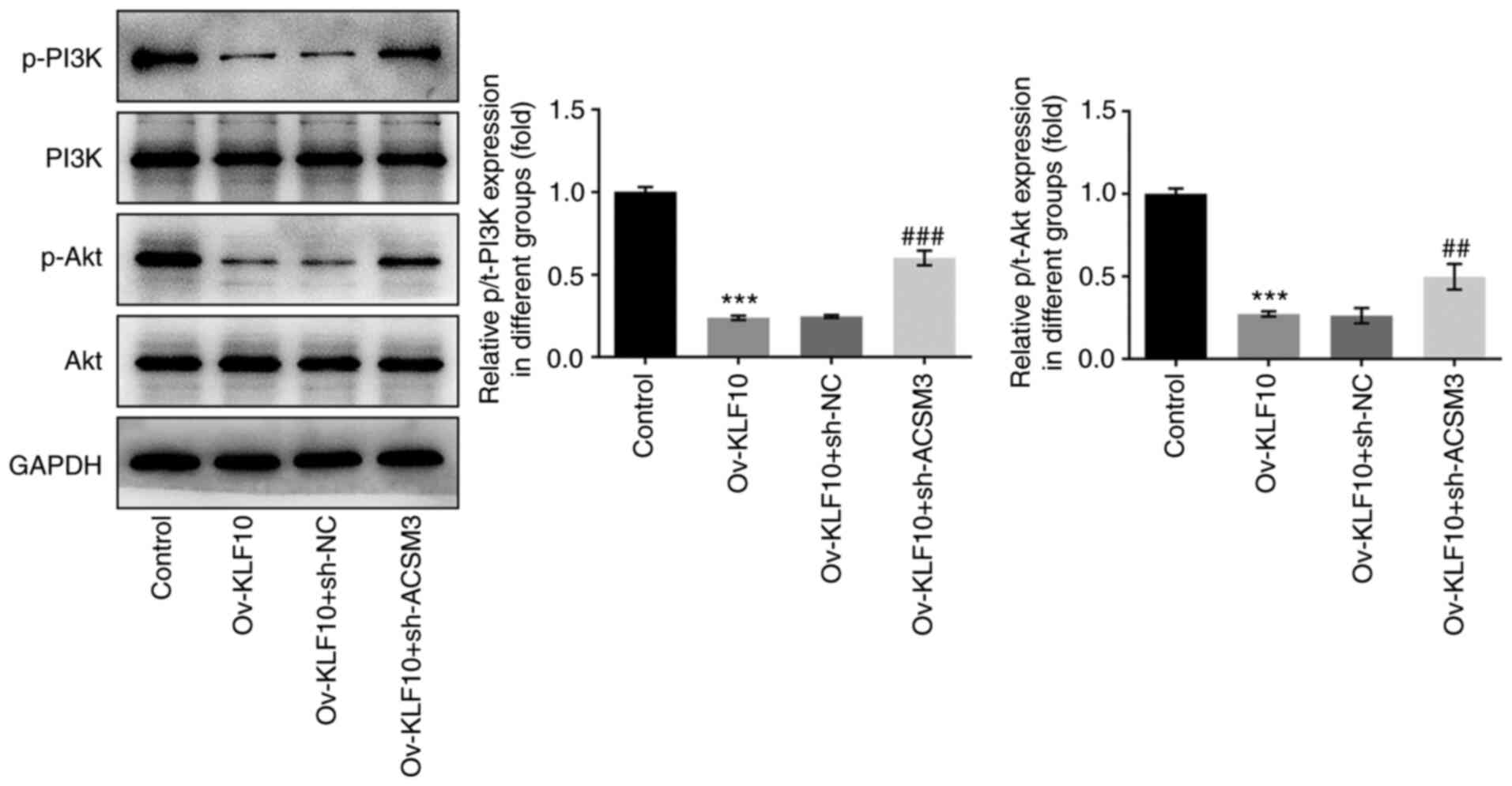|
1
|
Raimondi S, Suppa M and Gandini S:
Melanoma epidemiology and sun exposure. Acta Derm Venereol.
100:adv001362020. View Article : Google Scholar : PubMed/NCBI
|
|
2
|
Situm M, Buljan M, Kolić M and Vučić M:
Melanoma-clinical, dermatoscopical, and histopathological
morphological characteristics. Acta Dermatovenerol Croat. 22:1–12.
2014.PubMed/NCBI
|
|
3
|
Davis LE, Shalin SC and Tackett AJ:
Current state of melanoma diagnosis and treatment. Cancer Biol
Ther. 20:1366–1379. 2019. View Article : Google Scholar : PubMed/NCBI
|
|
4
|
Soenksen LR, Kassis T, Conover ST,
Marti-Fuster B, Birkenfeld JS, Tucker-Schwartz J, Naseem A, Stavert
RR, Kim CC, Senna MM, et al: Using deep learning for
dermatologist-level detection of suspicious pigmented skin lesions
from wide-field images. Sci Transl Med. 13:eabb36522021. View Article : Google Scholar : PubMed/NCBI
|
|
5
|
Teramoto Y, Keim U, Gesierich A, Schuler
G, Fiedler E, Tüting T, Ulrich C, Wollina U, Hassel JC, Gutzmer R,
et al: Acral lentiginous melanoma: A skin cancer with unfavourable
prognostic features. A study of the German central malignant
melanoma registry (CMMR) in 2050 patients. Br J Dermatol.
178:443–451. 2018. View Article : Google Scholar : PubMed/NCBI
|
|
6
|
Longvert C and Saiag P: Melanoma update.
Rev Med Interne. 40:178–183. 2019.(In French). View Article : Google Scholar : PubMed/NCBI
|
|
7
|
Turner J and Crossley M: Mammalian
Kruppel-like transcription factors: More than just a pretty finger.
Trends Biochem Sci. 24:236–240. 1999. View Article : Google Scholar : PubMed/NCBI
|
|
8
|
Chang VH, Chu PY, Peng SL, Mao TL, Shan
YS, Hsu CF, Lin CY, Tsai KK, Yu WC and Ch'ang HJ: Kruppel-like
factor 10 expression as a prognostic indicator for pancreatic
adenocarcinoma. Am J Pathol. 181:423–430. 2012. View Article : Google Scholar : PubMed/NCBI
|
|
9
|
Zhou M, Chen J, Zhang H, Liu H, Yao H,
Wang X, Zhang W, Zhao Y and Yang N: KLF10 inhibits cell growth by
regulating PTTG1 in multiple myeloma under the regulation of
microRNA-106b-5p. Int J Biol Sci. 16:2063–2071. 2020. View Article : Google Scholar : PubMed/NCBI
|
|
10
|
Jin W, Chen BB, Li JY, Zhu H, Huang M, Gu
SM, Wang QQ, Chen JY, Yu S, Wu J and Shao ZM: TIEG1 inhibits breast
cancer invasion and metastasis by inhibition of epidermal growth
factor receptor (EGFR) transcription and the EGFR signaling
pathway. Mol Cell Biol. 32:50–63. 2012. View Article : Google Scholar : PubMed/NCBI
|
|
11
|
Zhu Z, Wang D and Shen Y: Loss of ACSM3
confers worsened prognosis and immune exclusion to cutaneous
melanoma. J Cancer. 11:6582–6590. 2020. View Article : Google Scholar : PubMed/NCBI
|
|
12
|
Yan L, He Z, Li W, Liu N and Gao S: The
overexpression of Acyl-CoA Medium-Chain Synthetase-3 (ACSM3)
suppresses the ovarian cancer progression via the inhibition of
integrin β1/AKT signaling pathway. Front Oncol. 11:6448402021.
View Article : Google Scholar : PubMed/NCBI
|
|
13
|
Ruan HY, Yang C, Tao XM, He J, Wang T,
Wang H, Wang C, Jin GZ, Jin HJ and Qin WX: Downregulation of ACSM3
promotes metastasis and predicts poor prognosis in hepatocellular
carcinoma. Am J Cancer Res. 7:543–553. 2017.PubMed/NCBI
|
|
14
|
Kim J, Shin S, Subramaniam M, Bruinsma E,
Kim TD, Hawse JR, Spelsberg TC and Janknecht R: Histone demethylase
JARID1B/KDM5B is a corepressor of TIEG1/KLF10. Biochem Biophys Res
Commun. 401:412–416. 2010. View Article : Google Scholar : PubMed/NCBI
|
|
15
|
Livak KJ and Schmittgen TD: Analysis of
relative gene expression data using real-time quantitative PCR and
the 2(−Delta Delta C(T)) Method. Methods. 25:402–408. 2001.
View Article : Google Scholar : PubMed/NCBI
|
|
16
|
Pavri SN, Clune J, Ariyan S and Narayan D:
Malignant melanoma: Beyond the basics. Plast Reconstr Surg.
138:330e–340e. 2016. View Article : Google Scholar : PubMed/NCBI
|
|
17
|
Rastrelli M, Tropea S, Rossi CR and
Alaibac M: Melanoma: Epidemiology, risk factors, pathogenesis,
diagnosis and classification. In Vivo. 28:1005–1011.
2014.PubMed/NCBI
|
|
18
|
Elder DE, Bastian BC, Cree IA, Massi D and
Scolyer RA: The 2018 World health organization classification of
cutaneous, mucosal, and uveal melanoma: Detailed analysis of 9
distinct subtypes defined by their evolutionary pathway. Arch
Pathol Lab Med. 144:500–522. 2020. View Article : Google Scholar : PubMed/NCBI
|
|
19
|
Siegel RL, Miller KD and Jemal A: Cancer
statistics, 2020. CA Cancer J Clin. 70:7–30. 2020. View Article : Google Scholar : PubMed/NCBI
|
|
20
|
Namikawa K and Yamazaki N: Targeted
therapy and immunotherapy for melanoma in Japan. Curr Treat Options
Oncol. 20:72019. View Article : Google Scholar : PubMed/NCBI
|
|
21
|
Jin W, Di G, Li J, Chen Y, Li W, Wu J,
Cheng T, Yao M and Shao Z: TIEG1 induces apoptosis through
mitochondrial apoptotic pathway and promotes apoptosis induced by
homoharringtonine and velcade. FEBS Lett. 581:3826–3832. 2007.
View Article : Google Scholar : PubMed/NCBI
|
|
22
|
Baroy T, Kresse SH, Skårn M, Stabell M,
Castro R, Lauvrak S, Llombart-Bosch A, Myklebost O and Meza-Zepeda
LA: Reexpression of LSAMP inhibits tumor growth in a preclinical
osteosarcoma model. Mol Cancer. 13:932014. View Article : Google Scholar : PubMed/NCBI
|
|
23
|
Hsu CF, Sui CL, Wu WC, Wang JJ, Yang DH,
Chen YC, Yu WC and Chang HS: Klf10 induces cell apoptosis through
modulation of BI-1 expression and Ca2+ homeostasis in
estrogen-responding adenocarcinoma cells. Int J Biochem Cell Biol.
43:666–673. 2011. View Article : Google Scholar : PubMed/NCBI
|
|
24
|
Junkova K, Mirchi LF, Chylíková B, Janků
M, Šilhavý J, Hüttl M, Marková I, Miklánková D, Včelák J, Malínská
H, et al: Hepatic transcriptome profiling reveals lack of Acsm3
expression in polydactylous rats with high-fat diet-induced
hypertriglyceridemia and visceral fat accumulation. Nutrients.
13:14622021. View Article : Google Scholar : PubMed/NCBI
|
|
25
|
De Preter V, Arijs I, Windey K, Vanhove W,
Vermeire S, Schuit F, Rutgeerts P and Verbeke K: Impaired butyrate
oxidation in ulcerative colitis is due to decreased butyrate uptake
and a defect in the oxidation pathway. Inflamm Bowel Dis.
18:1127–1136. 2012. View Article : Google Scholar : PubMed/NCBI
|
|
26
|
Gopal R, Selvarasu K, Pandian PP and
Ganesan K: Integrative transcriptome analysis of liver cancer
profiles identifies upstream regulators and clinical significance
of ACSM3 gene expression. Cell Oncol (Dordr). 40:219–233. 2017.
View Article : Google Scholar : PubMed/NCBI
|
|
27
|
Xu F, Na L, Li Y and Chen L: Roles of the
PI3K/AKT/mTOR signalling pathways in neurodegenerative diseases and
tumours. Cell Biosci. 10:542020. View Article : Google Scholar : PubMed/NCBI
|
|
28
|
Chen H, Zhou L, Wu X, Li R, Wen J, Sha J
and Wen X: The PI3K/AKT pathway in the pathogenesis of prostate
cancer. Front Biosci (Landmark Ed). 21:1084–1091. 2016. View Article : Google Scholar : PubMed/NCBI
|
|
29
|
Yang N, Chen J, Zhang H, Wang X, Yao H,
Peng Y and Zhang W: LncRNA OIP5-AS1 loss-induced microRNA-410
accumulation regulates cell proliferation and apoptosis by
targeting KLF10 via activating PTEN/PI3K/AKT pathway in multiple
myeloma. Cell Death Dis. 8:e29752017. View Article : Google Scholar : PubMed/NCBI
|
|
30
|
Li Z, Hong S and Liu Z: LncRNA LINC00641
predicts prognosis and inhibits bladder cancer progression through
miR-197-3p/KLF10/PTEN/PI3K/AKT cascade. Biochem Biophys Res Commun.
503:1825–1829. 2018. View Article : Google Scholar : PubMed/NCBI
|















